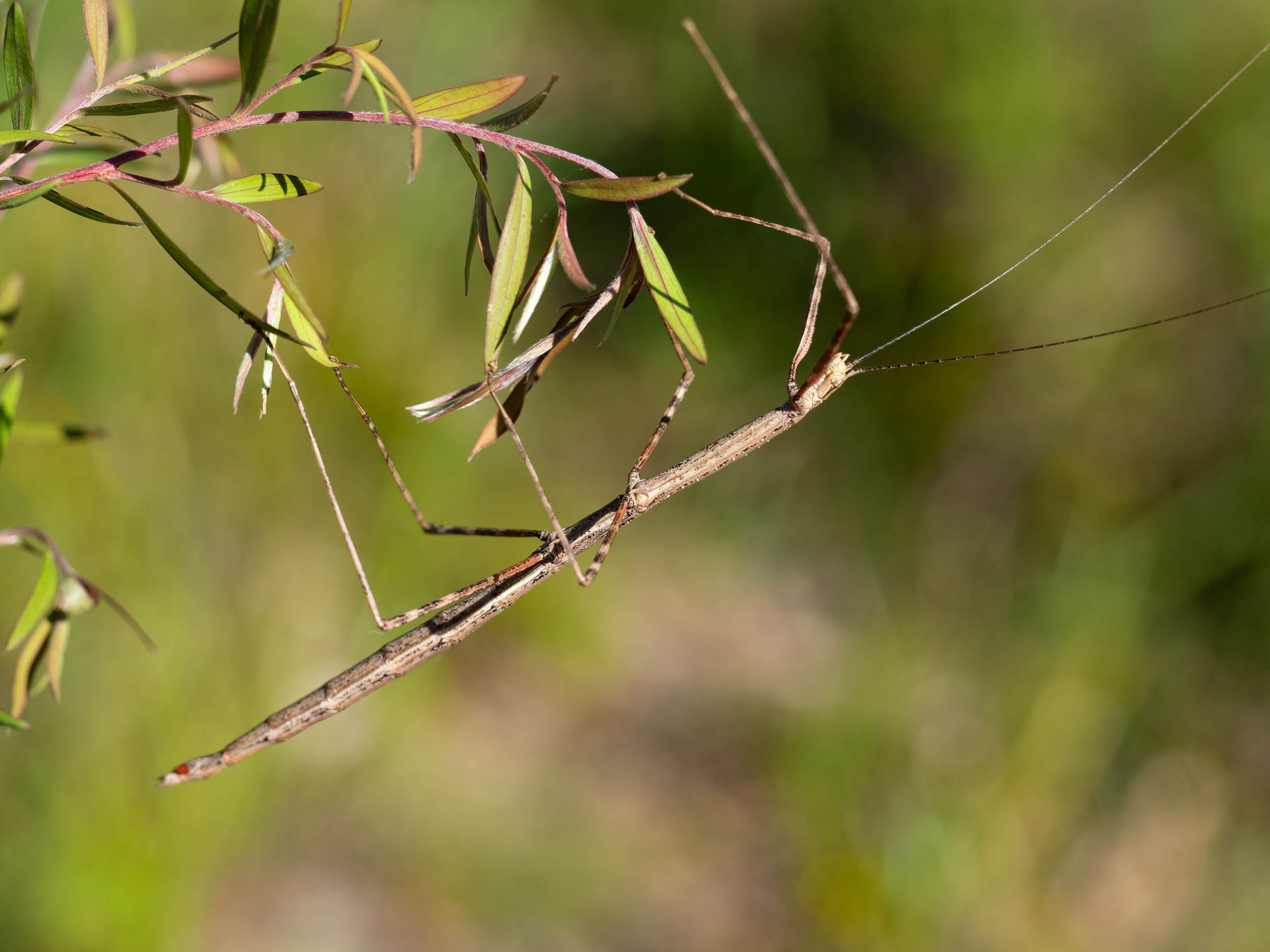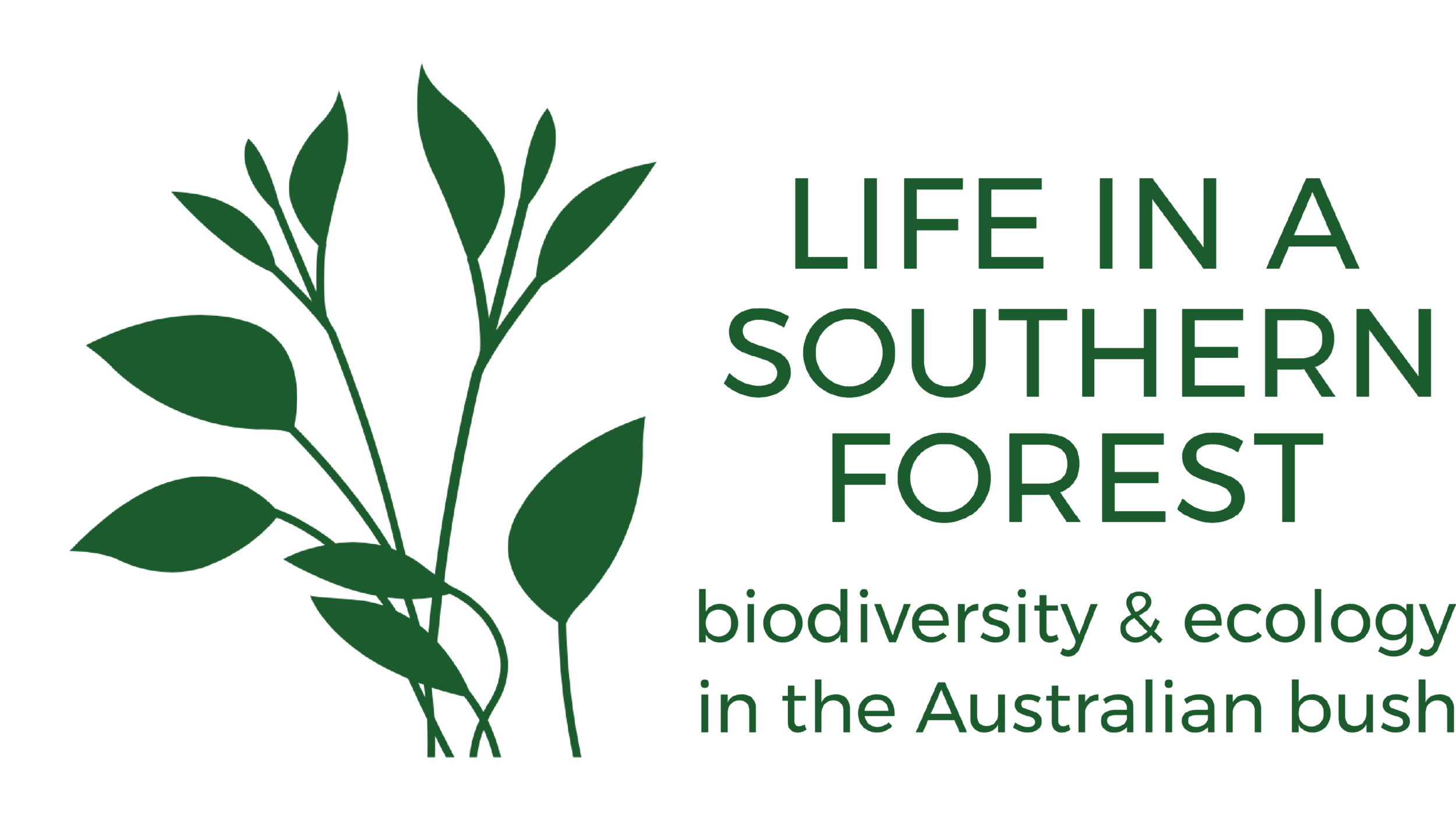Candovia aberrata (Aberrant Stick-insect) Diapheromeridae

Workbook
Insect #1
Stick Insect found on lounge room sliding door on morning of 8/1/19
photographed on 8/1/19.
I originally mistook this insect for a male, assuming that the reddish terminal structure was the vomer. In fact, Paul Brock has identified this insect as a female.
He has also identified it as being a Candovia species. I had originally rejected Candovia as a possible genus on the assumption my animal was a male, which in Candovia are considerably smaller than the 87mm of my insect.
lateral views of the terminal segments of this female - the orange structure is the tip of the operculum
wingless
body length (from tip of head to end of abdomen, excluding antennae) 87mm
antennae 60mm
foreleg length 50mm
head length 3.5mm
pronotum length 3.9mm
mesonotum length 18.5mm
metanotum length 11mm
Insect #2
stick insect found during the day on 18/1/16 on window screen.
wingless female - shape of terminus in lateral view is very similar to the insect on 8/1/18
overall length 130mm with legs outstretched alongside antennae
head to abdomen length 85mm
antennae 65mm
foreleg length 55 mm
head length 4mm
pronotum length 4mm
mesonotum length 17mm
metanotum length 10mm
strikingly similar morphology and patterning of mesonotum, pronotum, head and antennae to insect imaged on 8/1/19 - compare images below
insect from 18/1/16
insect from 8/1/19
This insect is clearly the same species as Insect #1, albeit a different colour morph.
Insect #3
Female - Caught by Cryptachaea gigantipes on 7/2/19
Paul Brock sent me images of a male and female Candovia aberrata collected at Evans Heads. He has suggested this might be the identity of my insects.
While the colour of his female is different to mine (brown vs grey/green), there is a striking similarity between his images and my grey animal in the pattern of blotches on the dorsal midline of abdominal, thoracic segments and the head, as well as the leg patterning. He has also told me that “Candovia has some amazing colour forms, dependant on where the insects are developing, as well as foodplants”.
Candovia aberrata - female: Image from Paul Brock
Candovia aberrata - male: Image from Paul Brock
This image is from the only record on the ALA of Candovia aberrata. (from Gordon Claridge, collected in Lockyer Valley). The female is strikingly similar to my green female.
Paul Brock has also sent me this image of eggs of Candovia aberrata he collected from a female he captured at Evans Heads.
All of this information provides a strong case for my insects being Candovia aberrata.
I will aim to capture a male of a mating pair and collect eggs from our female in culture to confirm this.
This is a workbook page … a part of our website where we record the observations and references used in making species identifications. The notes will not necessarily be complete. They are a record for our own use, but we are happy to share this information with others.

























